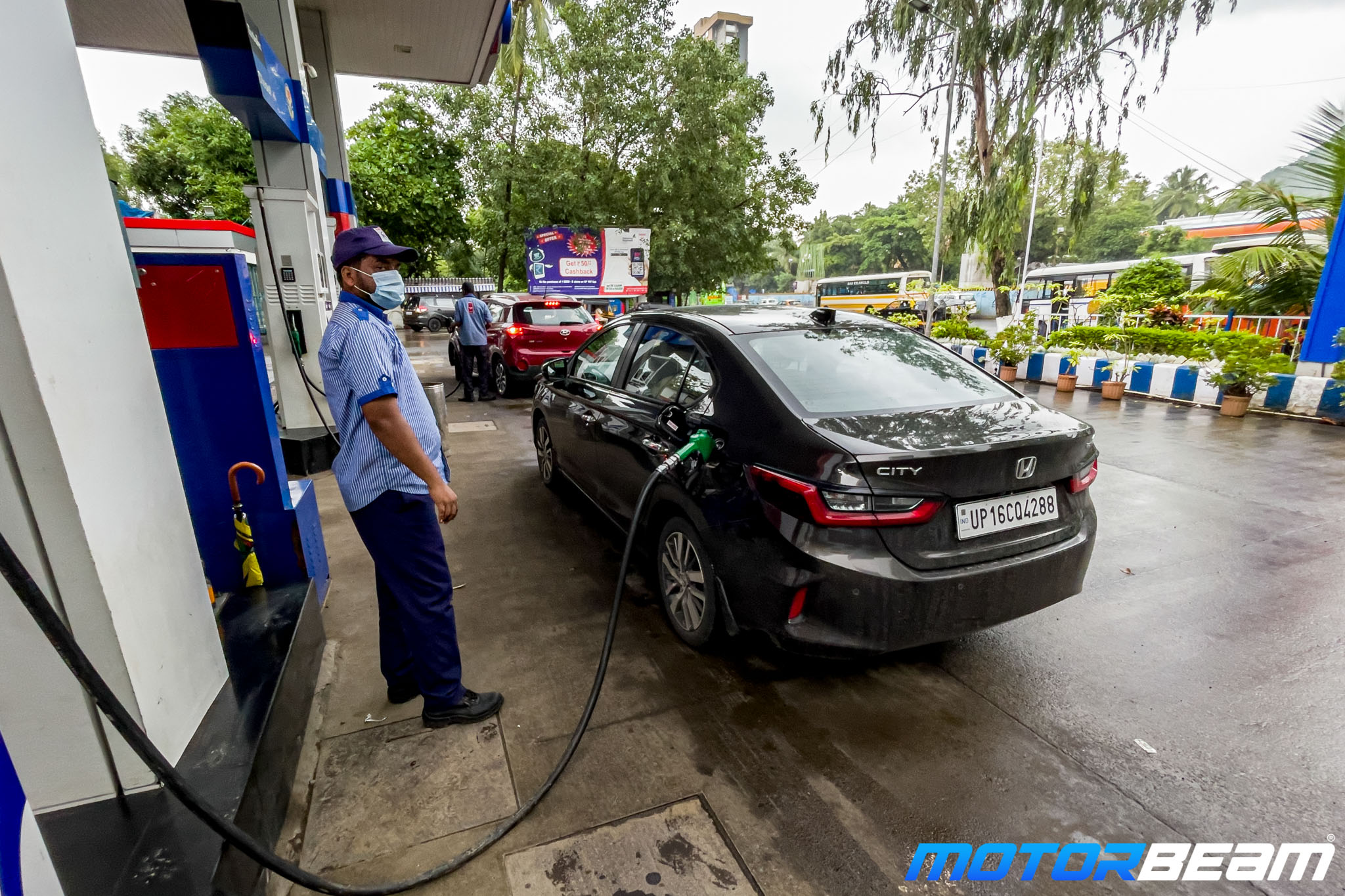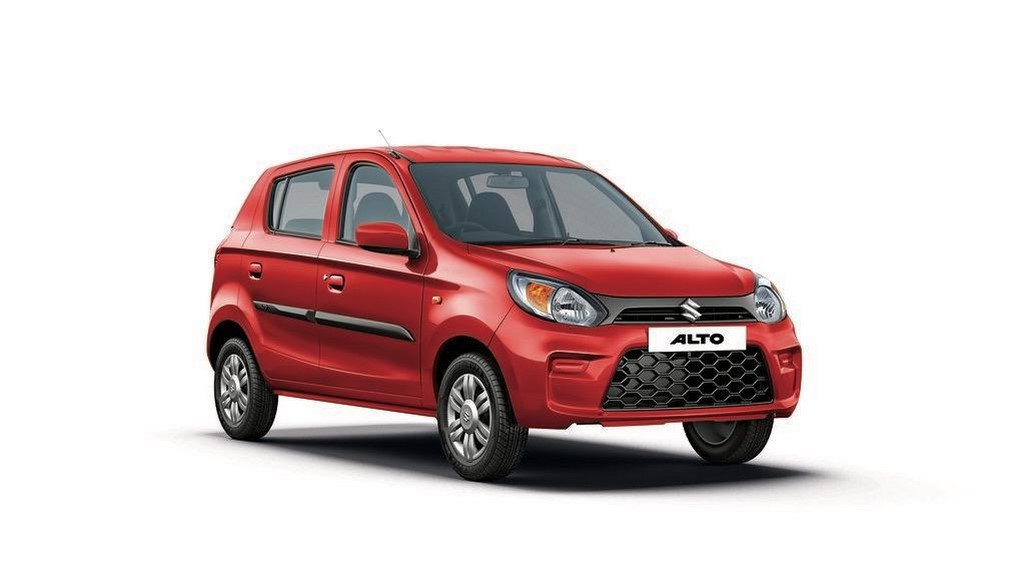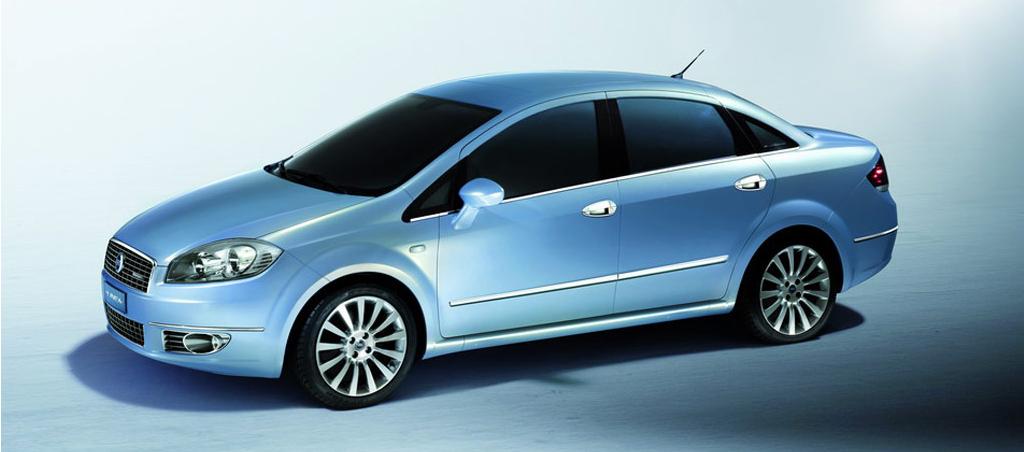
BS7 emission norms to roll out along with CAFE 3 norms
The Indian government is preparing to implement stringent emission norms to combat vehicle pollution effectively. Plans include rolling out Bharat Stage (BS)-7 and Corporate Average Fuel Efficiency (CAFE)-III standards, aligning with Euro-7 standards, to enhance fuel efficiency and reduce emissions.
BS norms in India mirror the Euro emission standards adopted in Europe, with the European Commission proposing the Euro-7 standards for cars by July 2025 and for buses and lorries by 2027. India’s adoption of these standards is crucial not only to curb emissions but also to facilitate the export of vehicles manufactured under the ‘Make in India’ initiative to European countries.
Implementing these new standards requires collaboration with stakeholders, particularly oil companies for fuel quality upgrades and the auto industry, which may face significant investment requirements. The Ministry of Road Transport has initiated discussions with stakeholders to outline the contours of BS7 emission norms, aligning them with the evolving Euro-7 standards.
CAFE norms, which regulate carmakers’ fleet emissions, aim to reduce carbon dioxide emissions and enhance fuel efficiency. These regulations, implemented in phases, set emission targets to encourage the production of more efficient vehicles.
The transition to stringent emission and CAFE norms is expected to drive the adoption of electric vehicles in India. Given that the road transport sector contributes significantly to energy-related CO2 emissions and urban air pollution, these measures are crucial for mitigating environmental impacts.
While the implementation of these norms signifies a step forward in addressing vehicle pollution, it also poses challenges for both the automotive industry and oil companies. Striking a balance between environmental concerns and industry viability remains a key consideration for policymakers as they navigate towards a more sustainable transportation ecosystem.
We might get to see some big changes in the Indian automotive industry in the form of discontinuation of more diesel powered vehicles and significant price increase across all vehicles upgrading to the new emission standards.




